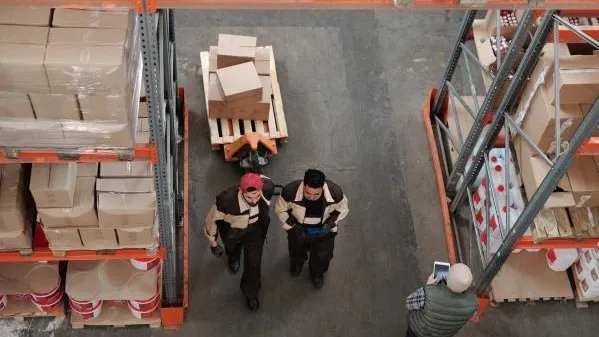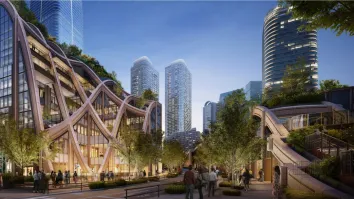
Japan’s logistics sector showing signs of overheating
Cap rates have compressed significantly over the past few months.
Japan’s logistics sector has had a healthy run in recent years. Rents are underpinned by robust demand, and supply is well absorbed. According to Savills, even the prolonged pandemic has served as a tailwind for the sector as the rise in online shopping has increased the amount of logistics space needed.
Here’s more from Savills:
Even though some demand might shift back from online to physical shops once the pandemic calms down, a gradual but steady transition toward e-commerce is likely to continue in the long-term, especially when considering that this trend preceded the pandemic and that Japan is behind other developed countries in terms of e-commerce penetration.
Nonetheless, while the fundamentals of the logistics sector are sound, there are looming risks that could disrupt the market. Cap rates in the sector have compressed significantly as a result of increased competition for assets, and the cushion to absorb a potential shock has therefore become thinner.
Indeed, cap rates in the logistics sector have become even lower than more established sectors such as Grade B offices and residential. Furthermore, the unique characteristics of the logistics sector, such as the low land value, the difficulty of tenant diversification, and chronic labour shortage could exacerbate the situation when market conditions become strained.
To be sure, experienced players with proven track records in this sector appear disciplined and better equipped for potential market corrections. Many of their transactions occur between related parties and at reasonable pricings. On the other hand, some new entrants, especially those under pressure to deploy capital, have been more aggressive, especially in fiercely competitive deals for properties, consequentially driving up prices. Some of them have even resorted to buying older or less strategically located properties at elevated prices. Although the market is still booming at present, these aggressive investors will be more vulnerable when the market sours.
Read the full report here.


















 Advertise
Advertise


